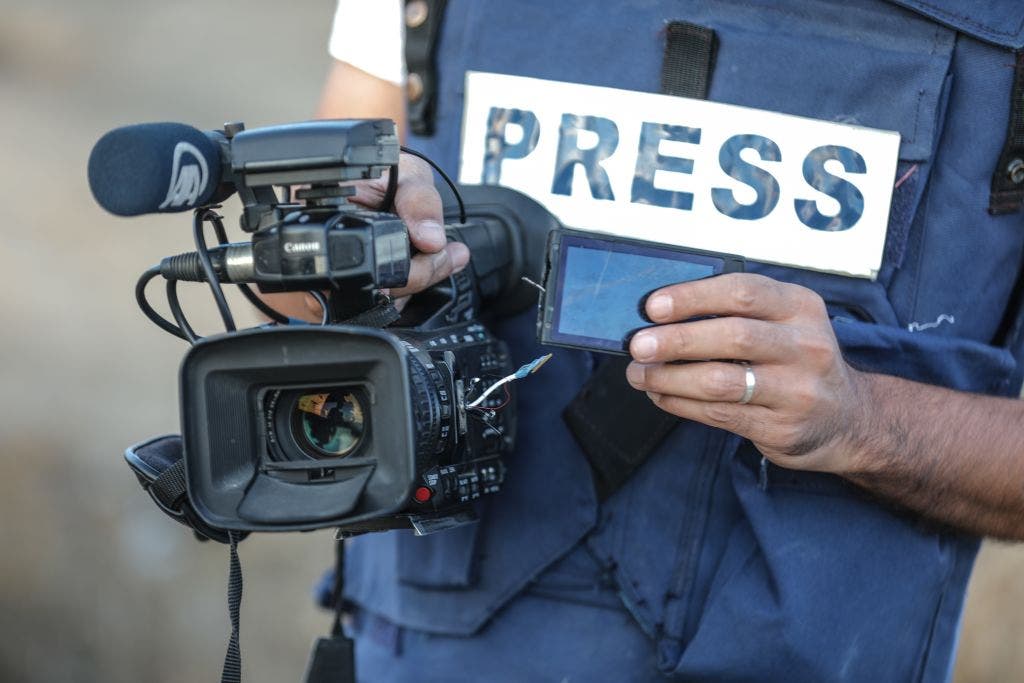The interrogation of Tariq Salami Otha Abu Shlouf, a spokesman for Palestinian Islamic Jihad (PIJ), revealed the organization’s propaganda tactics and manipulation of the media during their six-month war against Israel. Shlouf admitted to fabricating stories about Israeli strikes on hospitals to deflect attention from the group’s direct involvement in civilian casualties. He also discussed how PIJ utilized international media to promote a false narrative about the conflict in Gaza, and how the group’s communication department controlled journalists’ stories to fit their desired narrative.
Terrorists affiliated with PIJ participated in a mass terror attack with Hamas in which thousands of civilians were killed or kidnapped. The groups worked together to distort images coming out of Gaza and blame Israel for civilian suffering, while ignoring the dire living conditions caused by the ongoing war. Shlouf revealed that the goal was to create sympathy for Palestinians and garner international support for their cause by presenting them as victims of Israeli oppression.
PIJ’s communication team collaborated closely with Hamas to craft the desired narrative for the media, ensuring that stories were aligned with the group’s interests and goals. Hassan, a political risk and intelligence analyst, highlighted the common practice among Islamist terror groups to use civilian infrastructure for recruitment and propaganda. Western governments often overlook these tactics, which empower and embolden terrorists by portraying them as victims of injustice.
Matti Friedman, an Israeli Canadian author and former correspondent for The Associated Press, criticized the mainstream press for perpetuating propaganda from Gaza-based sources. He highlighted the role of Western editors, journalists, and NGOs in promoting biased narratives that demonize Israel and provide cover for terror groups like Hamas and PIJ. International media coverage of the war in Gaza has been highly critical of Israel, with accusations of censorship and interference with journalistic freedom.
Despite calls for allowing foreign journalists to report independently from Gaza, concerns remain over the reliability and objectivity of sources used by the media. Lahav Harkov, a veteran journalist, emphasized the need for journalists to verify facts and consider the motivations of their sources, particularly when dealing with groups like PIJ known for their manipulation of information. The media’s portrayal of terrorist organizations as credible sources has raised questions about journalistic ethics and the responsibility to present accurate information to the public.
Overall, the interrogation of a PIJ spokesman sheds light on the group’s propaganda tactics and exploitation of the media to advance its agenda. The international press is urged to critically assess their coverage of conflicts like the one in Gaza and consider the impact of biased reporting on public perceptions of the situation. By holding all parties accountable and ensuring transparency in media coverage, journalists can fulfill their ethical duty to provide accurate and unbiased information to their audiences.


